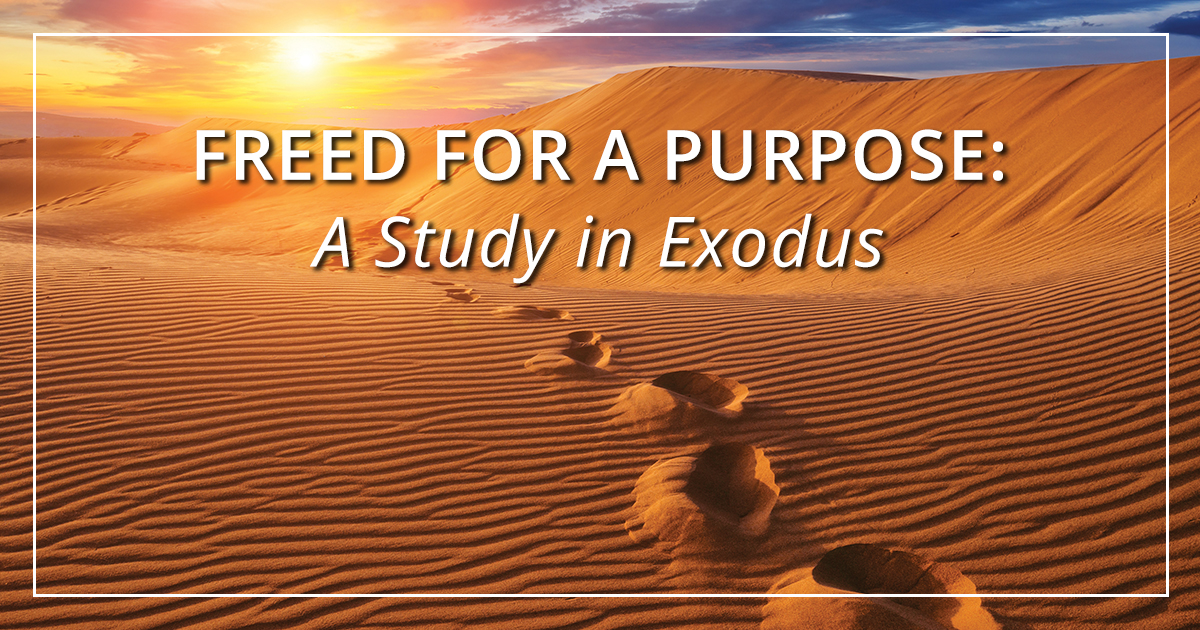

A Holy Priesthood
- October 23, 2019 | Exodus 28–29
Have you ever seen the commissioning of a pastor or missionary when church leaders lay their hands on the person’s shoulders and pray over them? When Paul and Barnabas set out on the very first missionary journey, the church at Antioch commissioned them with prayer, fasting, and the laying on of hands (Acts 13:1–3). They were set apart for a holy purpose. While Paul and Barnabas were the ones being sent, their mission work represented the entire church.
The same was true in today’s reading for the ordination of Aaron and his sons into the priesthood. In this case, though, the priests laid hands on sacrificial animals, identifying with them on behalf of the nation before offering them to the Lord. The new priests’ ministry responsibilities would be to offer sacrifices, teach the Law, and exhort the people to obey it. This work was so important that God gave special instructions for the high priestly garments (Ex. 28). The “ephod” was a kind of sleeveless vest. It fit over the breastpiece, which carried twelve mounted jewels, each engraved with the name of one of the tribes. The priest represented the entire nation, as did the tribes’ names engraved on two onyx stones mounted on his shoulders. He also wore a robe with bells, tunic, sash, linen undergarments, and a turban bearing a metal plate with the inscription “Holy to the Lord.”
We know little about the Urim and the Thummim carried by the high priest, but they seem to have been lots for seeking the Lord’s will (see 1 Sam. 14:36–42; Prov. 16:33). The consecration ceremony lasted seven days (Ex. 29). Aaron and his sons were washed, dressed in the special garments, and anointed with oil. They offered sin offerings and burnt offerings, consecrating the new altar as well as themselves (29:36–37). Ultimately, the consecrating power was God’s glory (29:43).
Pray with Us
Father, show us what being holy means in today’s world. Help us better understand the Levite priesthood in Exodus and how it relates to our lives now. Holy Spirit, lead us on the road of dedicating our homes and work spaces to the Lord.






